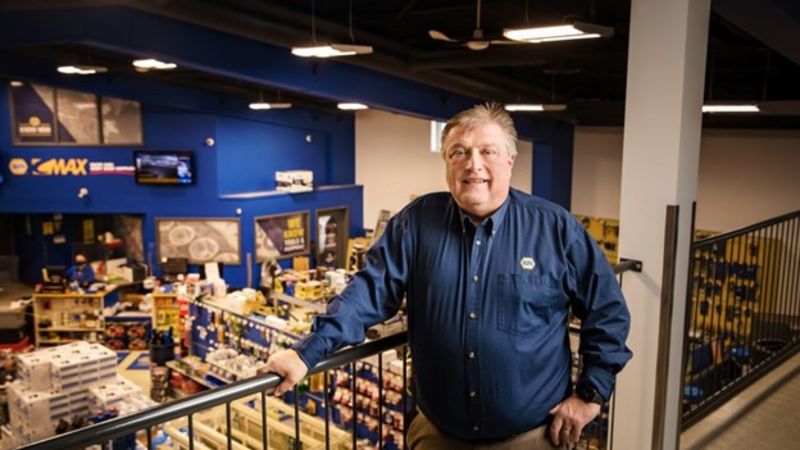
Researcher calls for better dental care in northern Sask.
A teacher at the University of Saskatchewan’s College of Dentistry is hoping his research can help craft better policies to improve dental care in Saskatchewan’s northern and remote communities.
Dr. Keith Da Silva took up a position as an assistant professor at the U of S in July and had the opportunity to spend a chunk of this winter touring communities in the north.
“People living south of a certain point, in the major cities, definitely have more than those who live in northern communities. And that’s aside from just dental care, but in resources in general,” he said of his observations.


